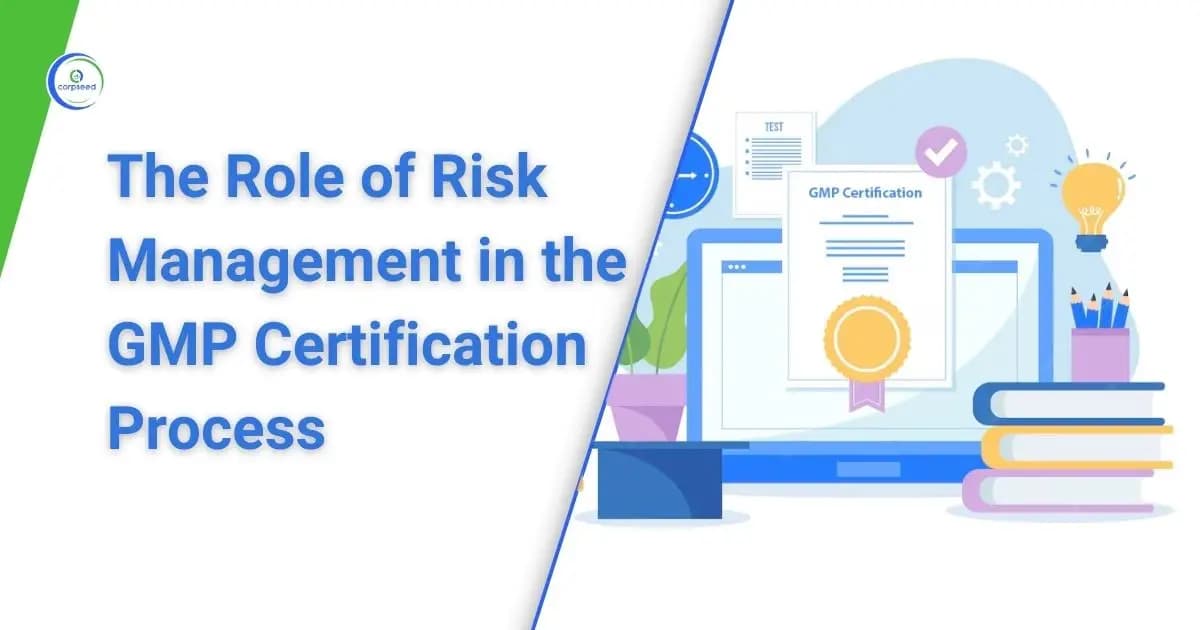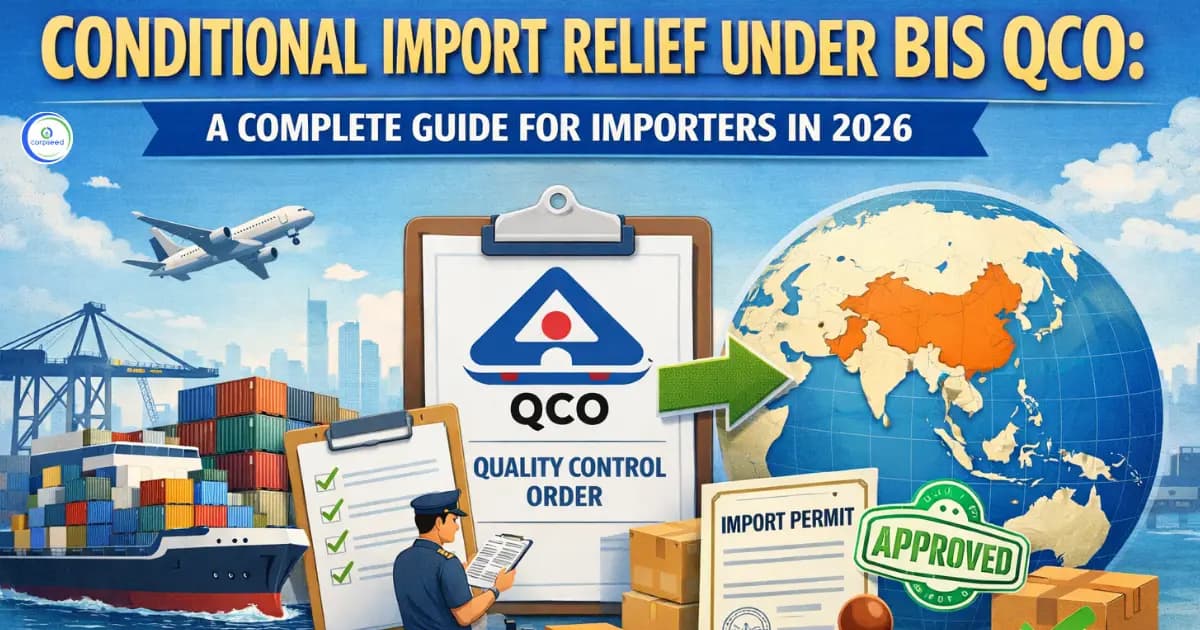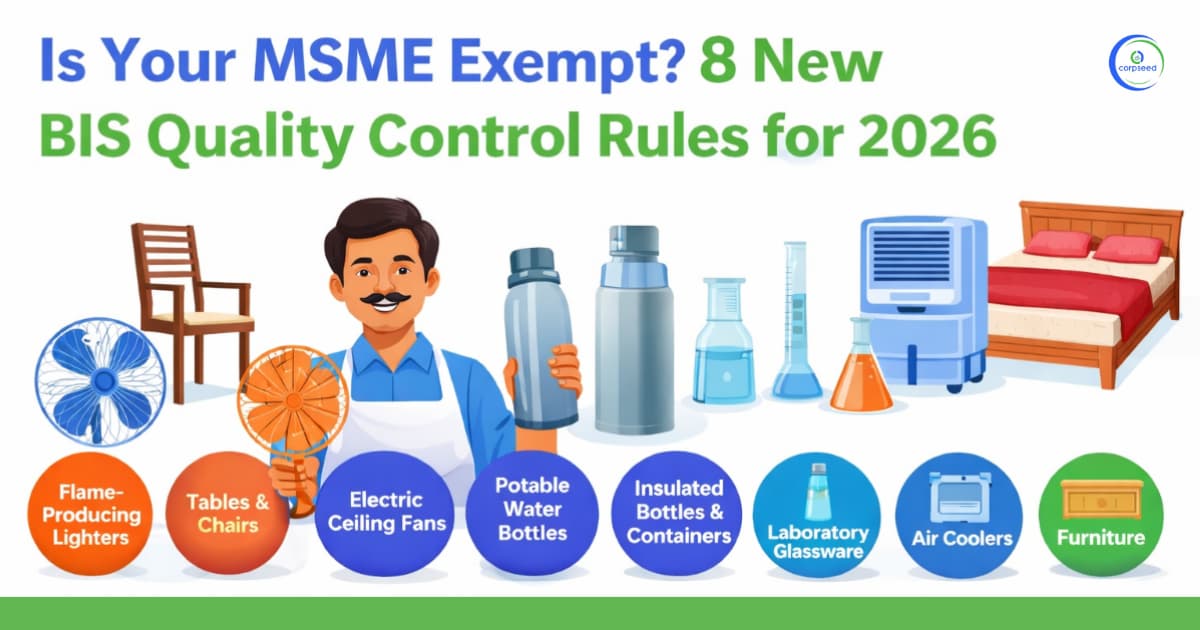
Loading...

GMP certification in India is significant for different industries, like pharmaceuticals, food production, and cosmetics.
About the Author

Parul Bohral, a BALLB graduate and experienced legal researcher and content writer with expertise in various legal areas, including corporate law and intellectual property. I have gained valuable experience in esteemed legal environments, where I have strengthened my research skills, allowing me to approach legal writing with precision and depth.
As a legal content writer, I am committed to delivering work that not only informs but also engages readers. By staying informed about the latest trends in content marketing and regulatory developments, I ensure that my writing remains sophisticated and meets industry standards. My dedication to thorough research enables me to craft content that is both insightful and impactful.
Related articles

What is the Government’s Motive behind ALMM?
2026-02-21

BIS Issues New Guidelines for Verification of Rated Capacity of Lithium Cells and Batteries
2026-02-21

Conditional Import Relief under BIS QCO: A Complete Guide for Importers in 2026
2026-02-20
_Amendment_Order_2026_New_Compliance_Rules_Corpseed.webp&w=1536&q=75)
Furniture (Quality Control) Amendment Order, 2026: New Compliance Rules
2026-02-18

Is Your MSME Exempt? 8 New BIS Quality Control Rules for 2026
2026-02-16

IS 19450:2025- E-Textbooks in Education Requirements
2026-02-16